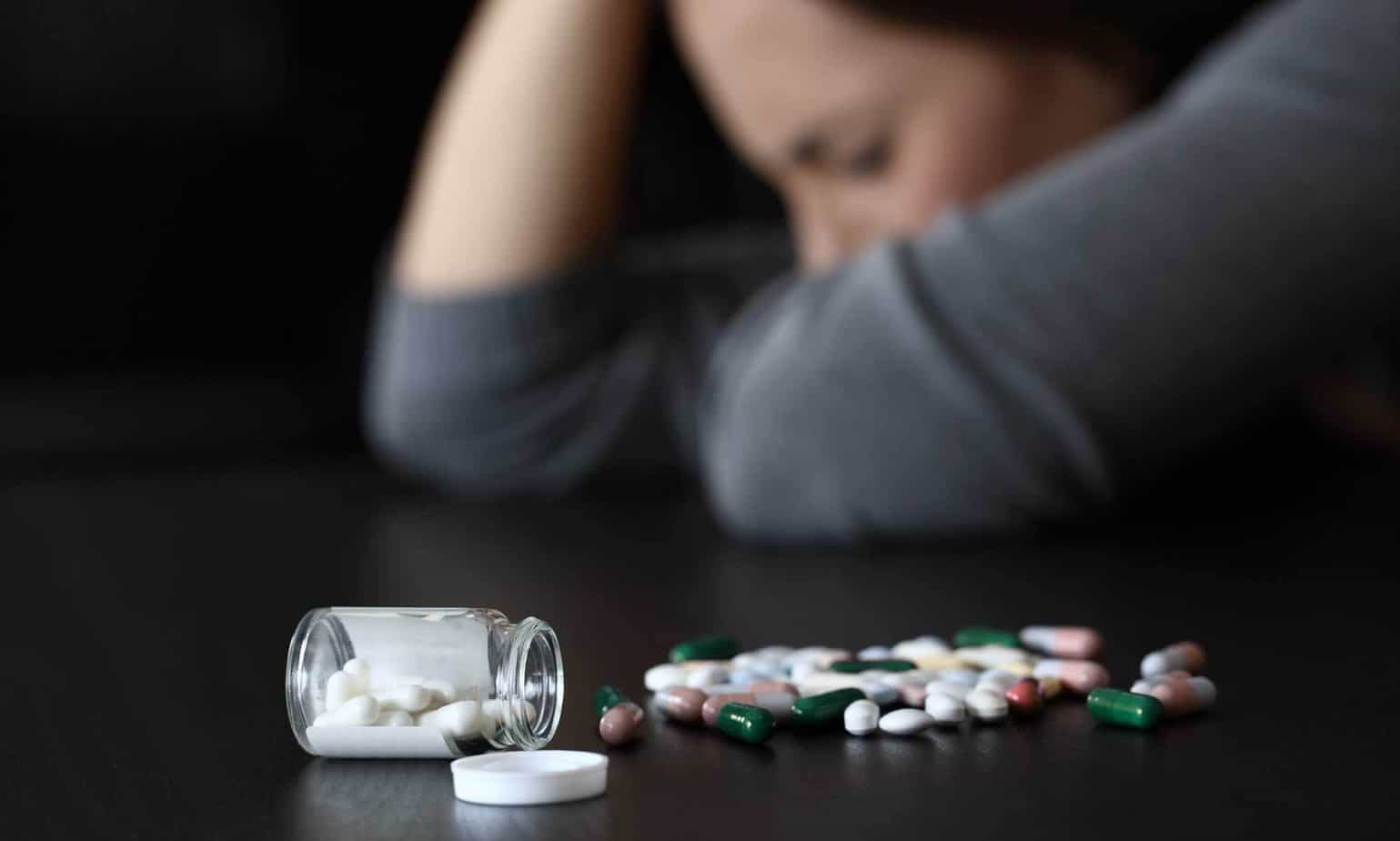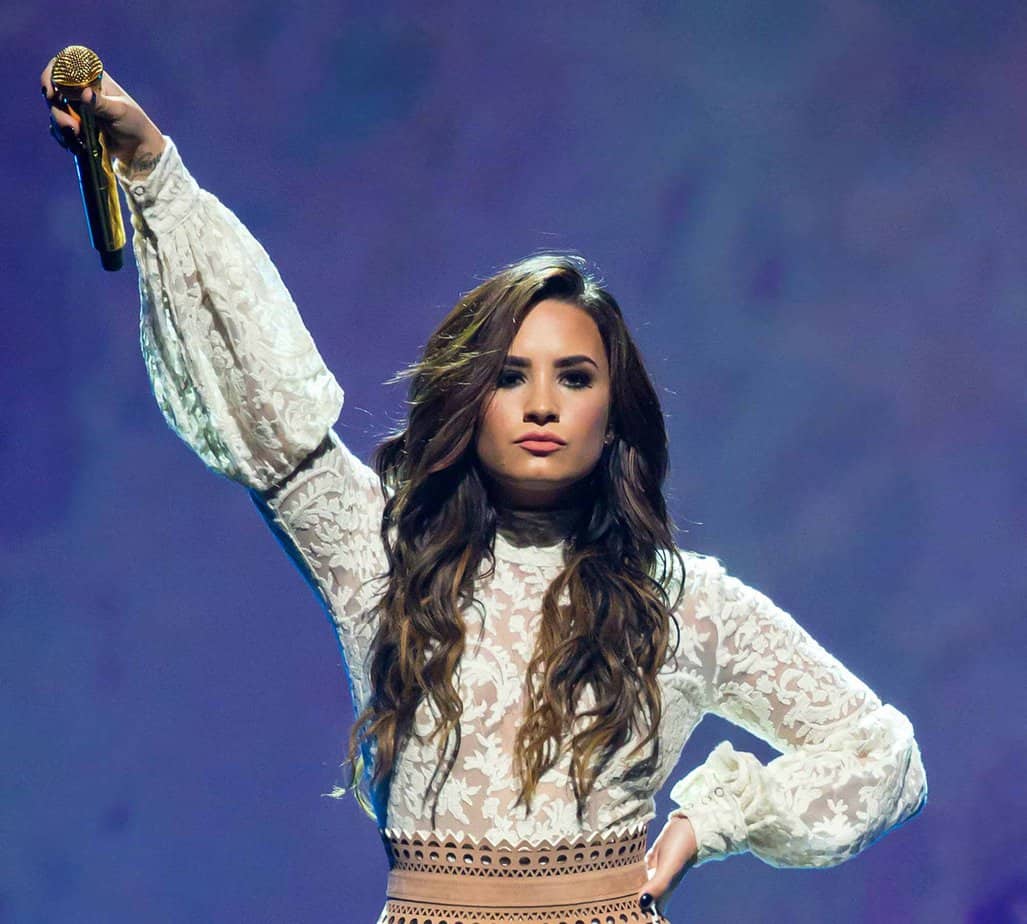Let’s face it, calling 2020 a “challenging year” sounds like forced optimism. However, one positive result from the numerous obstacles that have come our way is the increased awareness surrounding mental health. One group that is making their voices heard on this subject is professional athletes. From their work in communities across the country to sharing their firsthand experiences of recovery, these athletes are continuing to show the progress that can take place when they don’t just stick to sports.
DeMar DeRozan – NBA
The San Antonio Spurs’ power forward has been credited as the leader of this recent surge in mental health advocacy among pro athletes. What sparked DeMar DeRozan’s emergence as an advocate, you might ask? A seven-word tweet published about his struggle with depression.

While the word count or the platform may not seem like the most profound, that was what got the ball rolling for DeRozan, and it hasn’t stopped. After that tweet, he went into further detail, revealing that he has been dealing with mental illness since childhood. He acknowledged that he had trouble talking about it due to his reserved demeanor. DeRozan’s openness compounded with the fact that 35 percent of professional athletes battle anxiety and depression has contributed to the NBA mandating that each team have at least one full-time mental health professional on its staff. DeRozan recently participated in an ESPN summit panel on mental health that helped shine a light on how important it is to talk about mental hygiene and the notion that being vulnerable is a strength, not a weakness.
Kevin Love – NBA
Although DeMar DeRozan was the first to speak about his mental state, Kevin Love is responsible for the significant amount of momentum that this movement has generated. In 2018, the power forward for the Cleveland Cavaliers suffered a panic attack that caused him to leave a game before it ended. He went on to write a post in the Players’ Tribune talking about it and his journey addressing depression. His openness talking about his struggles with mental health helped dispel some of the toxic cultural norms that make people feel ashamed about their psychological condition. Love took it a step further by starting the Kevin Love Fund, which promotes mental wellness and empowerment.
Hayden Hurst – NFL
From the pro football side, Atlanta Falcons tight end Hayden Hurst has been leading the charge in addressing mental health and advocating for awareness. His foundation, the Hayden Hurst Foundation, has helped young adults struggling with their mental health as well as funded vital psychological health services. Hayden began his journey as an advocate speaking about his battles with depression, how he used alcohol to cope, and his attempted suicide. Like Kevin Love, Hurst helped bring much needed attention to the subject of suicide prevention. For further proof of how seriously he takes his role as a mental wellness advocate, check out this video of him talking to Dallas Cowboys Quarterback Dak Prescott after a game to thank him for addressing the stigma around mental health.
Skylar Diggins-Smith – WNBA
Men are not the only ones who are referred to as “warriors” in the sports world. Phoenix Mercury point guard Skylar Diggins-Smith is truly deserving of this title due to her strength on and off the court. After revealing that she played most of the 2018 WNBA season pregnant, Diggins-Smith also went on a two-month hiatus to address her postpartum depression. As soon as she returned to basketball, she began shining a light on the lack of support that WNBA players receive while on maternity leave. Thanks to Diggins-Smith, the new collective bargaining agreement ensures that any athlete who is on full maternity leave will receive their entire salary.
Colin Wilson – NHL
In late October, free agent Colin Wilson wrote about having Obsessive-Compulsive Disorder (OCD). The 11-year veteran shared how he recently started treating his mental illness and how treatment has changed his life. Wilson is now living a sober lifestyle after struggling with alcohol and Xanax abuse. While sharing his story has given a voice to the fellow 2.2 million Americans with OCD, Wilson understands that there is more work to be done. He is currently working on completing his degree in psychology and is also opening a mental health center focused on providing alternative medicines and treatments.
The misconceptions that people with psychological conditions are making up their symptoms for attention, or are not trying hard enough, can make it difficult for many to talk about mental health. That is why the courage of the five athletes mentioned above is so significant. By sharing their stories, these athletes achieved their goal of showing others like them that they are not alone. While it may feel overwhelming, it is important to seek help if you are struggling. By putting yourself out there, you will be one step closer to finding the type of treatment that is best suited to what you need.
If you or a loved one is struggling with addiction, Mountainside can help.
Click here or call (888) 833-4676 to speak with one of our addiction treatment experts.

 By
By 







